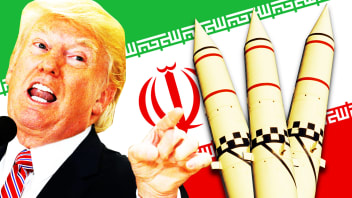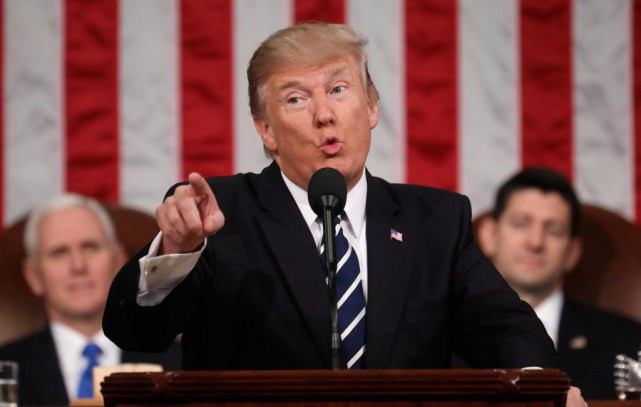Iran Nuclear Deal
The current framework remains, but Trump warned that if Congress and U.S. allies could not find a resolution to the problem, then the U.S. would terminate the agreement. Iran strongly rejects this, and sent a protest to European and other countries – those in charge of solving the problem. The relationship among countries is tense.
The nuclear agreement provides that the United States and Europe were to lift economic sanctions in exchange for Iran restricting its nuclear development, such as uranium enrichment. In August, the International Atomic Energy Agency, which verifies compliance with the agreement, wrote a report concluding that Iran is complying.
Since it is a multilateral framework that has wide support from the international community, one cannot help but say that Trump is being selfish. As a continuation of the withdrawal from the Trans-Pacific Partnership and the Paris climate agreement, it is concerning that once again the “America First” mentality is having repercussions.
Suspicions arose about Iran’s nuclear development in 2002. Iran, together with the permanent members of the U.N. Security Council – the U.S., the U.K., France, China and Russia – and Germany, reached the agreement 13 years after the allegations.
Concerning the problem with the agreement, Trump has pointed out that it tolerates ballistic missiles, and that portions of the nuclear restrictions expire in 2025, calling it “one of the worst and most one-sided transactions the United States has ever entered into.” There are calls for revisions to relevant domestic laws, such as expansions that cover the necessary implementation of sanctions due to missile development, in order to improve the agreement.
It is now up to Congress, but there is also fear that one-sided changes will inevitably be seen as a violation of the agreement, and Iran, who is opposed to changes, will resume nuclear development.
During last year’s presidential election, Trump took a clear and unyielding stance toward Iran. It could be said that Trump’s decision not to recertify the agreement is his attempt to save face. The deal between the United States and Iran, whose diplomatic relations were severed following the 1979 Iranian Revolution, is considered to be a representative example of the Obama administration’s legacy. The aim of Trump’s appeal for change is clear.
Israel, and those who oppose Iran, welcomed this, but the European Union, which worked to coordinate this agreement, has criticized Trump. U.N. Secretary-General Antonio Guterres also declared that he strongly supports continuing the agreement.
After the economic sanctions were lifted in Iran, crude oil exportation made a sharp recovery and, including in Japan, foreign business markets made vigorous advancements. If the agreement is discarded, then our country may not be able to avoid suffering an impact.
The international community is increasing pressure on North Korea to slow down its nuclear missile development. There is danger that North Korea will think that the United States cannot be trusted and that this will cast a pall on on problem solving measures. Caution should be used when using personal reasons alone to take a stand on scrapping diplomatic agreements.


